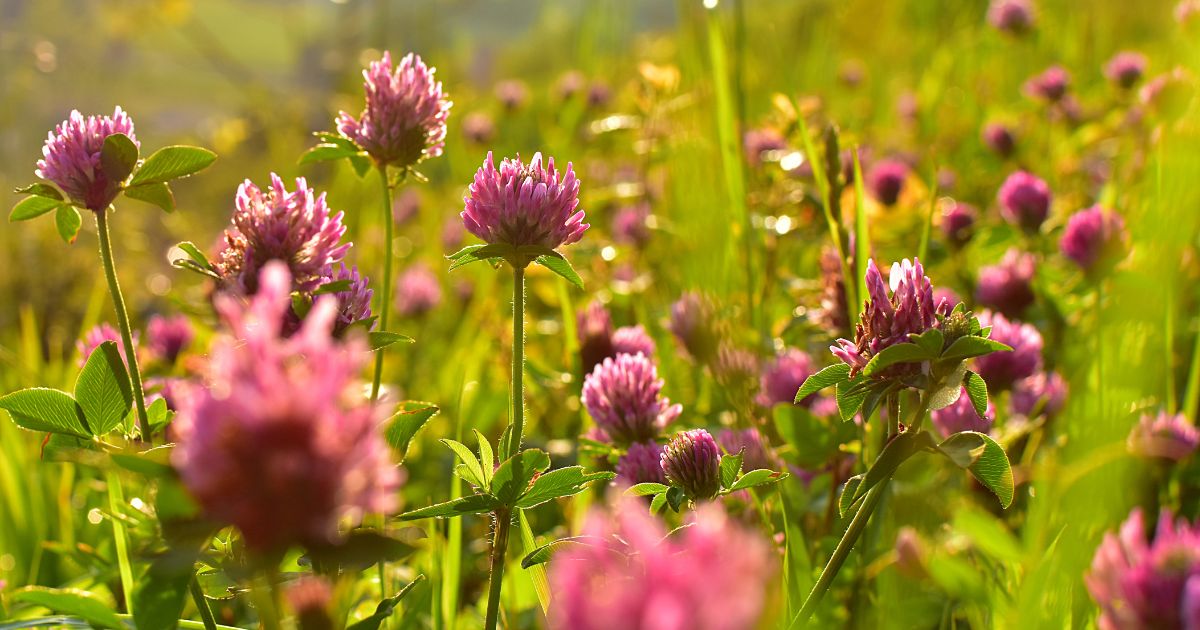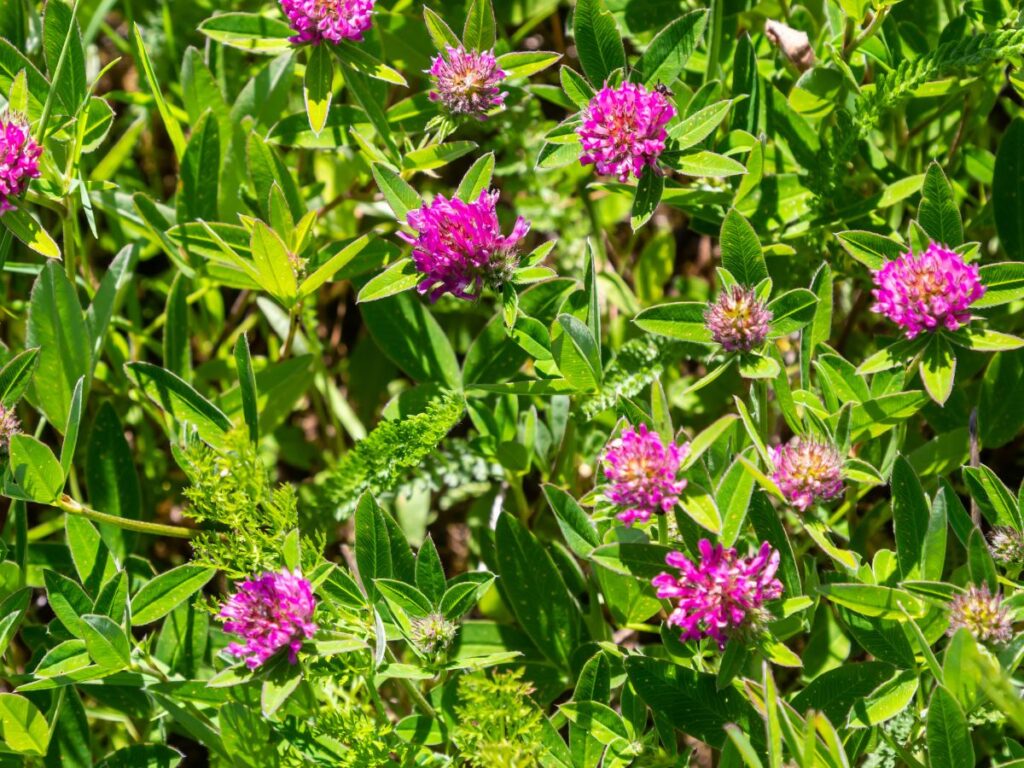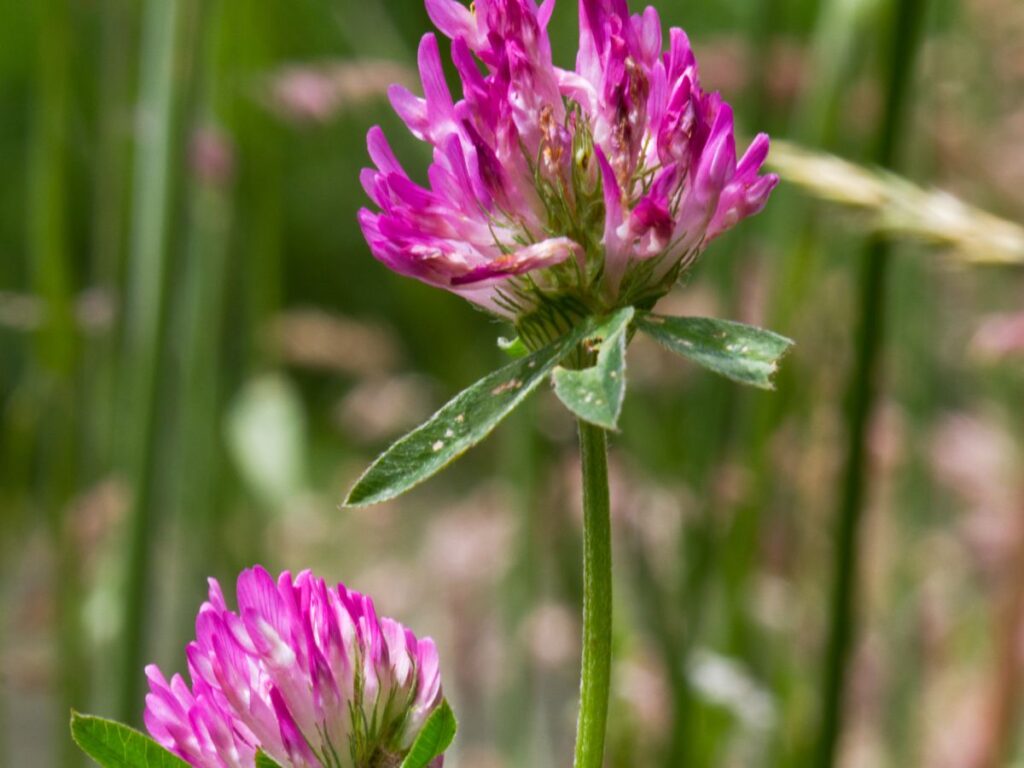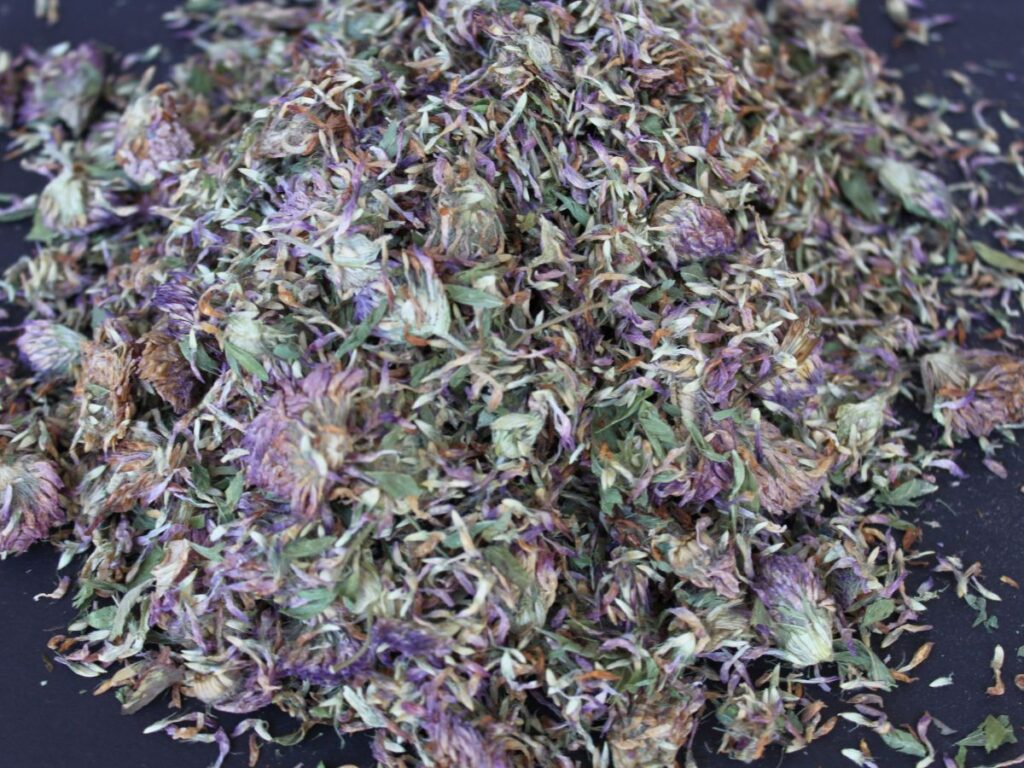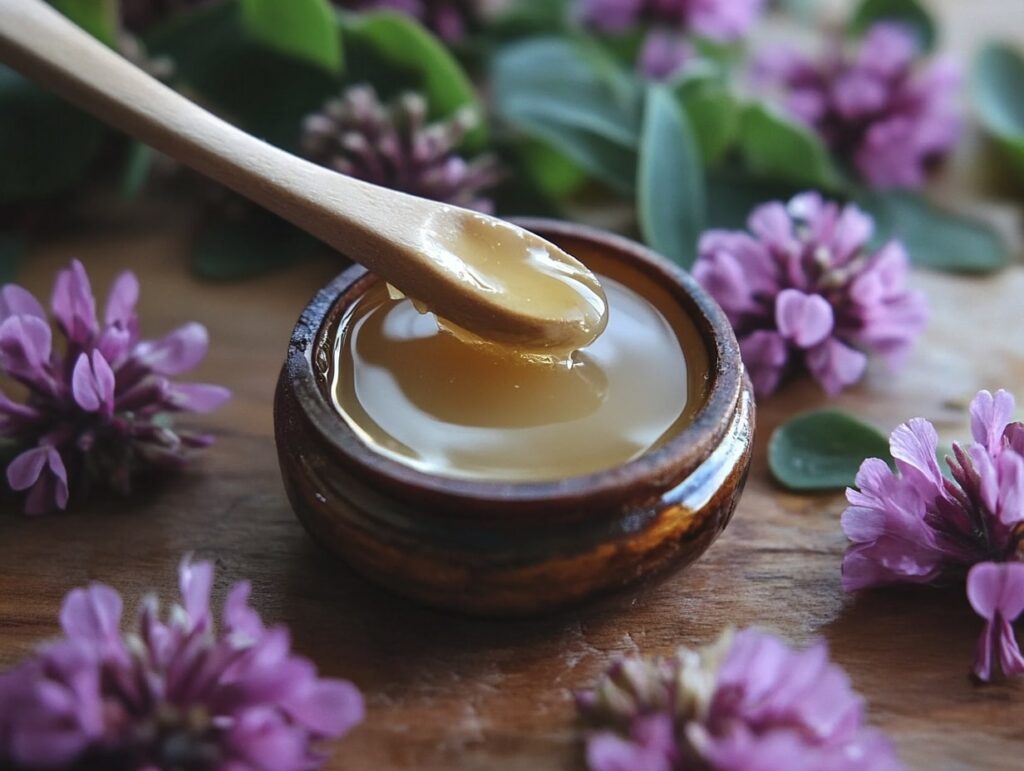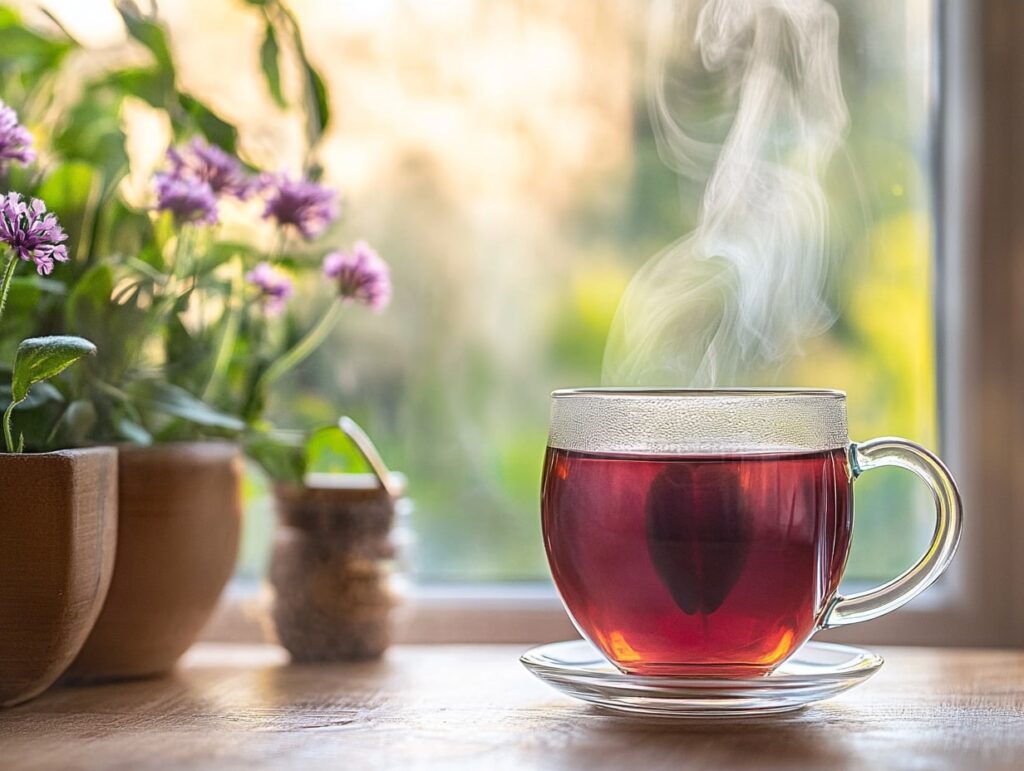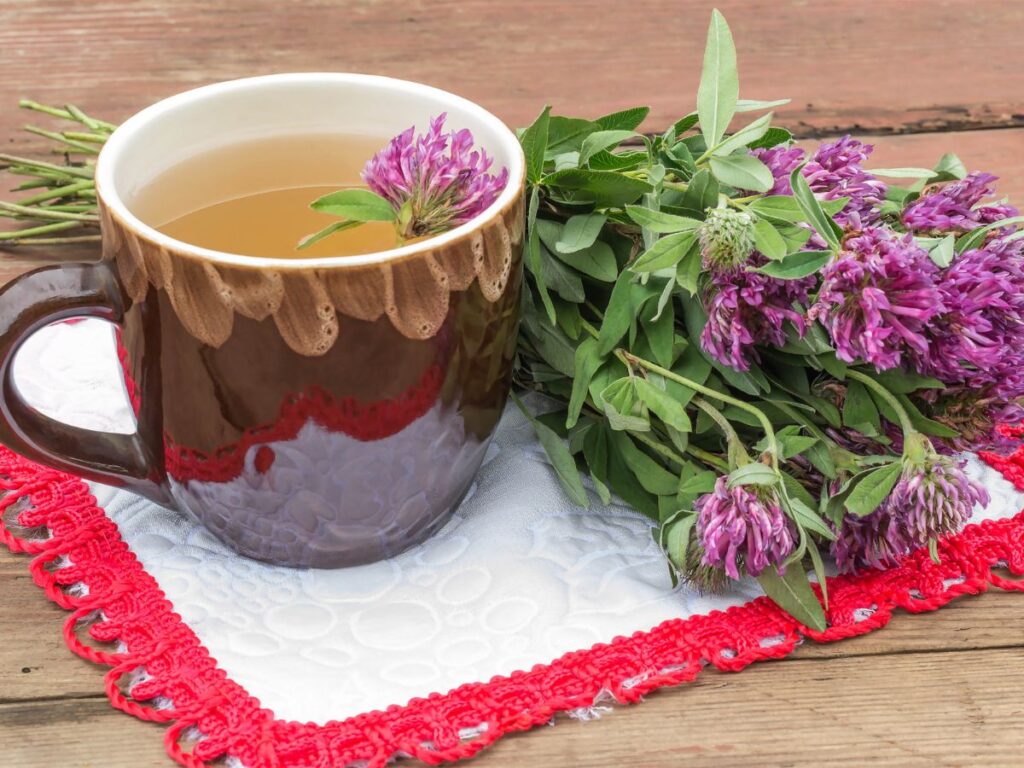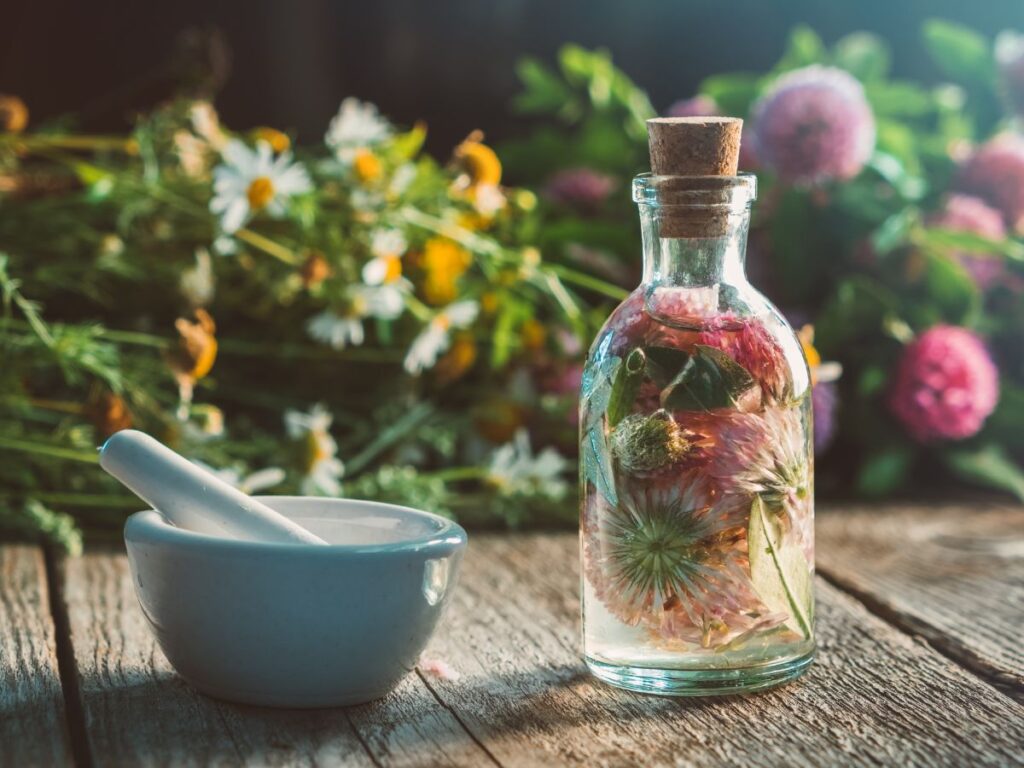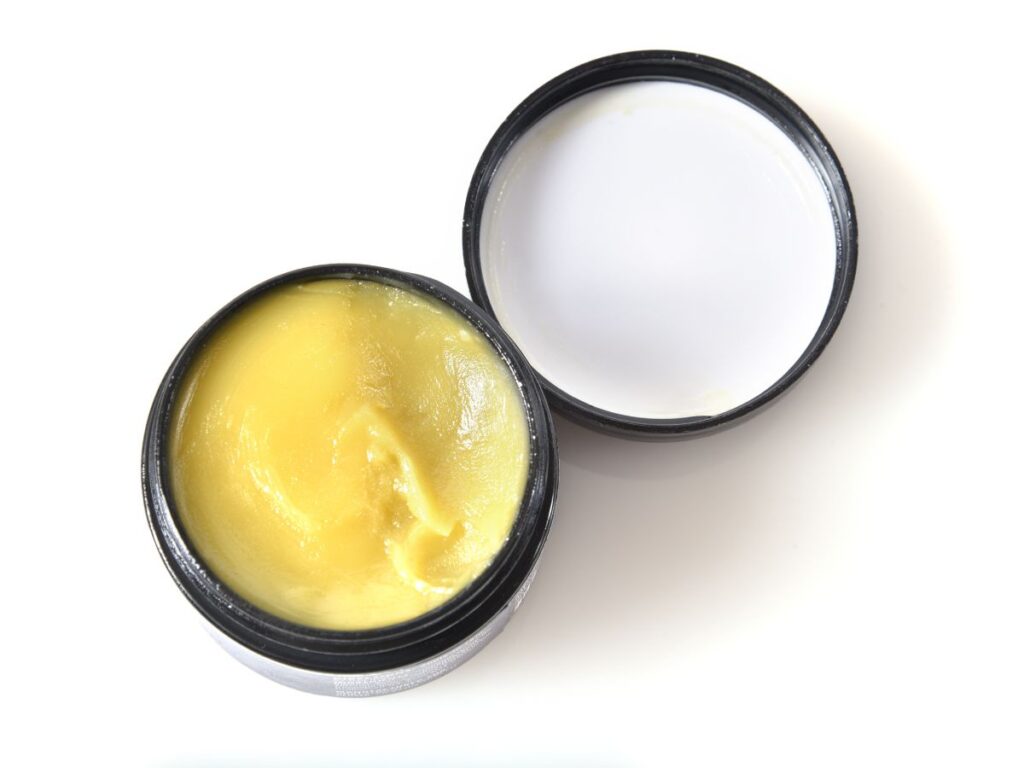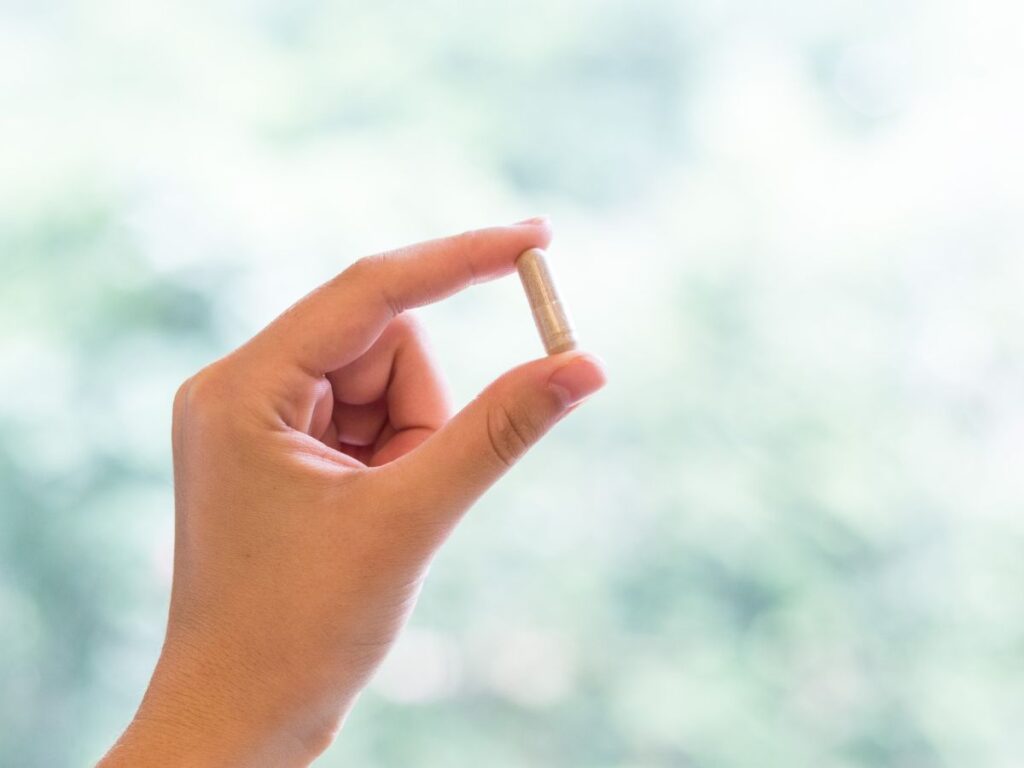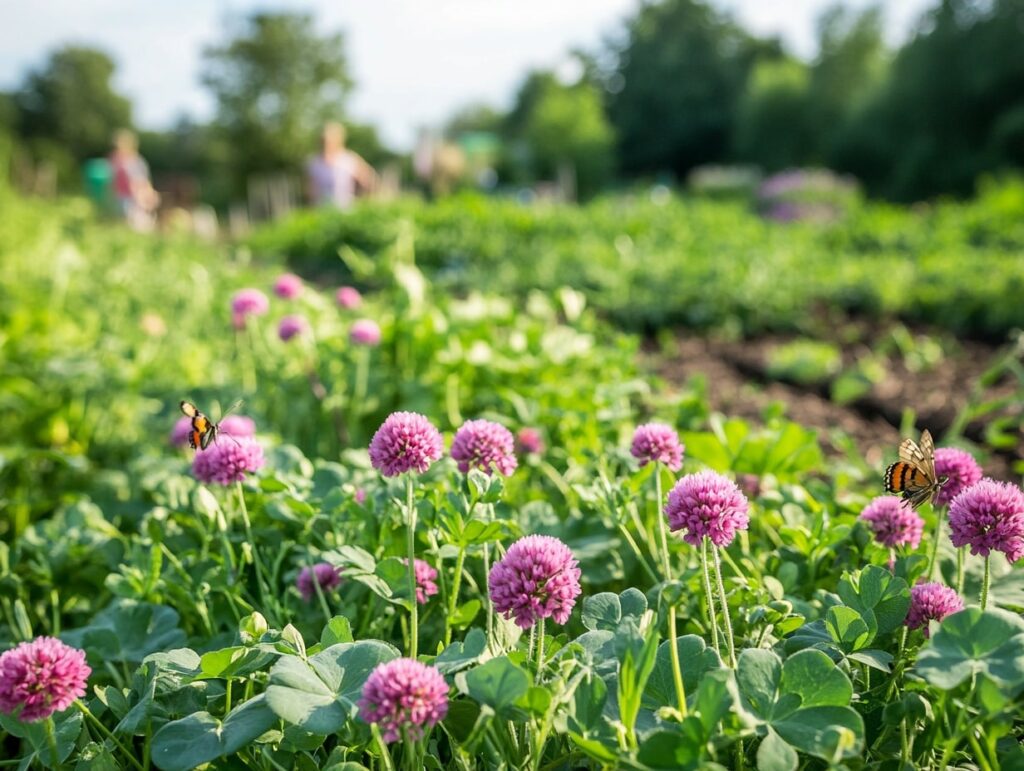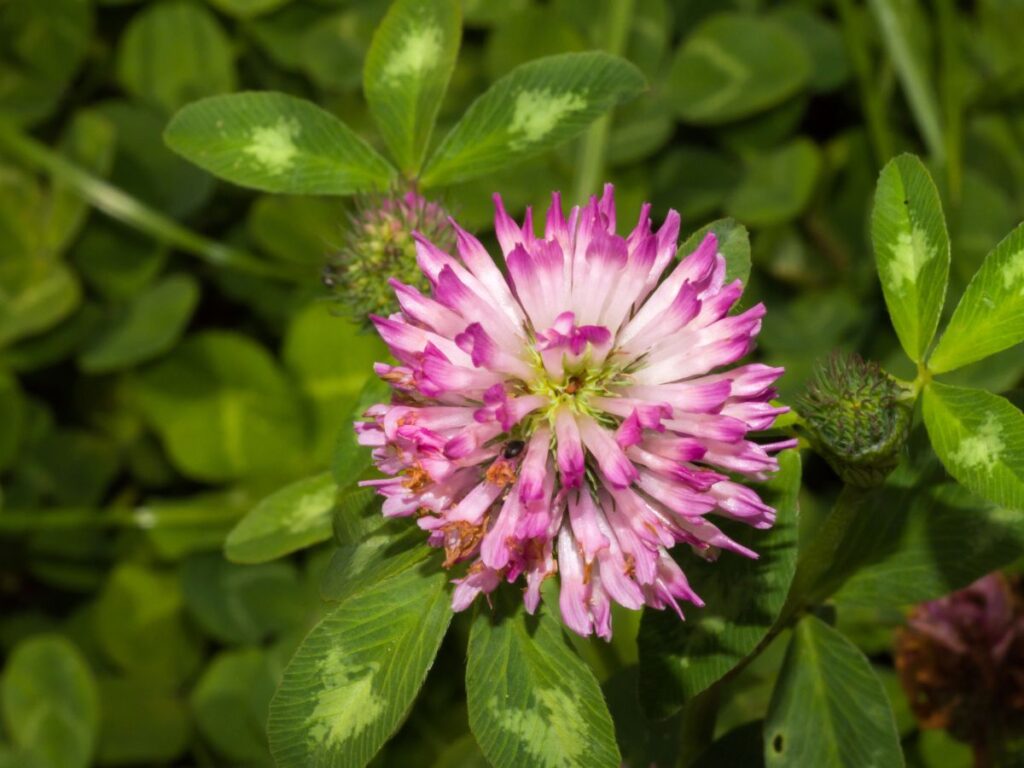Red clover isn’t just another vibrant bloom dotting the meadows—it’s a hidden gem of wellness that’s been cherished for centuries.
With its striking pinkish-red flowers, this unassuming plant holds the key to a treasure trove of health benefits that could transform your well-being. But what makes red clover so special, and why should you care?
From balancing your hormones to supporting healthy skin, red clover has been a quiet ally in herbal medicine, offering solutions to some of the most common health challenges we face today.
Imagine sipping a cup of soothing red clover tea, knowing you’re boosting your respiratory health or promoting smoother, more radiant skin. Sounds intriguing, right?
In this article, we’re going to dive deep into the incredible ways red clover can be used to enhance your daily routine.
Whether you’re already an herbal enthusiast or simply curious about natural wellness, get ready to discover how this pretty meadow flower might just be the natural remedy you didn’t know you needed.
The Origins and History of Red Clover
Native to Europe, Western Asia, and Northwest Africa, red clover has a long history of use in traditional medicine. It was introduced to North America by European settlers, where it quickly became naturalized and integrated into the ecosystem.
The plant’s Latin name, Trifolium pratense, refers to its trifoliate leaves (with three leaflets) and the meadows (pratense) where it thrives.
In traditional herbal practices, red clover was commonly used for its blood-purifying properties, treating skin conditions, and easing respiratory issues. It was also known to help with female reproductive health, particularly during menopause.
The plant’s healing properties have been passed down through generations, and today, red clover is still highly regarded in alternative and herbal medicine.
Physical Characteristics of Red Clover
Red clover is a perennial herb that typically grows between 20 to 80 centimeters tall. Its distinct pinkish-red flowers bloom in round clusters, and its leaves often bear a unique pale “V” marking.
Its beauty is not just in its colorful blossoms but in the overall plant structure, which adds aesthetic value to wildflower gardens and meadows alike.
Aside from its beauty, red clover serves as an important forage crop for livestock and is a favorite among bees and other pollinators due to its nectar-rich flowers.
It’s also an excellent companion plant in gardens, aiding in nitrogen fixation, which enriches the soil for other plants.
Medicinal Properties of Red Clover
Red clover’s role as a healer is perhaps its most remarkable feature.
Packed with vitamins (including vitamin C and B-complex) and minerals (such as calcium, magnesium, and potassium), the plant is rich in phytoestrogens—plant-based compounds that mimic estrogen in the body.
These properties make it an ideal remedy for various health concerns, especially for women.
1. Menopause and Hormonal Balance
One of red clover’s most well-known benefits is its ability to ease menopausal symptoms. The isoflavones in red clover help balance hormone levels, alleviating common menopause issues like hot flashes, night sweats, and mood swings.
Many women turn to red clover supplements as a natural alternative to hormone replacement therapy (HRT).
2. Skin Health
Traditionally, red clover was used as a blood purifier and for treating skin conditions like eczema, psoriasis, and acne. The plant’s anti-inflammatory and antioxidant properties help detoxify the body, promoting clearer and healthier skin.
When used topically as a salve or poultice, red clover can soothe irritated skin and reduce inflammation.
3. Respiratory Support
Red clover has long been used as a remedy for respiratory conditions such as asthma, bronchitis, and coughs. The plant’s expectorant properties help loosen and clear mucus from the lungs, making it easier to breathe.
Drinking red clover tea is a common method to alleviate respiratory discomfort and support lung health.
4. Cardiovascular Health
Red clover’s potential to improve heart health is another significant benefit. Its isoflavones are believed to increase “good” HDL cholesterol and reduce “bad” LDL cholesterol levels, thereby lowering the risk of cardiovascular diseases.
Additionally, red clover can help improve blood circulation and reduce the risk of blood clots.
5. Bone Health
As women age, the risk of osteoporosis increases due to declining estrogen levels. Red clover’s phytoestrogens may help protect bone density and prevent bone loss, particularly in postmenopausal women.
Regular consumption of red clover tea or supplements can be a natural way to support bone health over time.
6. Digestive Aid
Red clover is also known for its ability to aid digestion. The plant has mild diuretic properties, helping to eliminate toxins from the body.
Additionally, it can relieve bloating, improve digestion, and support overall gastrointestinal health.
How to Use Red Clover
Red clover can be utilized in various forms, depending on the intended use. Below are some common ways to incorporate this versatile plant into your wellness routine.
1. Red Clover Tea
One of the most popular ways to enjoy red clover is by drinking it as a tea. Simply steep dried red clover blossoms in hot water for about 10 minutes.
The tea has a mild, sweet flavor and can be consumed regularly for its health benefits, including respiratory support, skin health, and hormone balance.
2. Tinctures and Extracts
Red clover tinctures and extracts offer a more concentrated dose of the plant’s beneficial compounds. These are ideal for individuals looking for targeted relief from menopausal symptoms, skin conditions, or cardiovascular support.
Tinctures can be taken in small doses, typically mixed with water or juice.
3. Topical Applications
Red clover salves, creams, or poultices can be applied directly to the skin to treat irritation, rashes, or eczema. The anti-inflammatory properties of red clover help soothe and heal damaged skin.
4. Capsules and Supplements
For those who prefer convenience, red clover is also available in capsule form. These supplements provide a concentrated source of the plant’s isoflavones and are especially beneficial for those seeking hormone balance and bone health support.
Gardening with Red Clover
In addition to its health benefits, red clover is a valuable plant for gardeners. It improves soil fertility by fixing nitrogen, making it an excellent companion plant in vegetable gardens.
Red clover can be sown as a cover crop to enrich the soil, prevent erosion, and support pollinators.
The plant’s ability to thrive in a variety of soil conditions makes it a resilient and low-maintenance addition to any garden. Whether used as a cover crop, ornamental plant, or pollinator attractor, red clover serves multiple functions in sustainable gardening.
Precautions and Considerations
While red clover offers numerous health benefits, it’s important to use it with caution, particularly for individuals with certain medical conditions.
Pregnant or breastfeeding women should consult a healthcare provider before using red clover due to its hormonal effects.
Additionally, people on blood-thinning medications should be cautious, as red clover may enhance the risk of bleeding.
As with any herbal remedy, it’s best to consult with a healthcare professional to determine the appropriate dosage and usage, especially if you have pre-existing health conditions or are taking medication.
A Versatile Healer for the Mind, Body, and Garden
Red clover is truly a remarkable plant, offering beauty, health benefits, and even environmental support.
From easing menopausal symptoms to improving skin health, respiratory function, and cardiovascular wellness, red clover has earned its place as a versatile healer.
Moreover, its role in sustainable gardening and pollinator support makes it invaluable not just to humans but to the environment as well.
Whether you’re sipping a cup of red clover tea, applying it topically, or cultivating it in your garden, this humble plant offers an array of benefits that are both practical and therapeutic.
